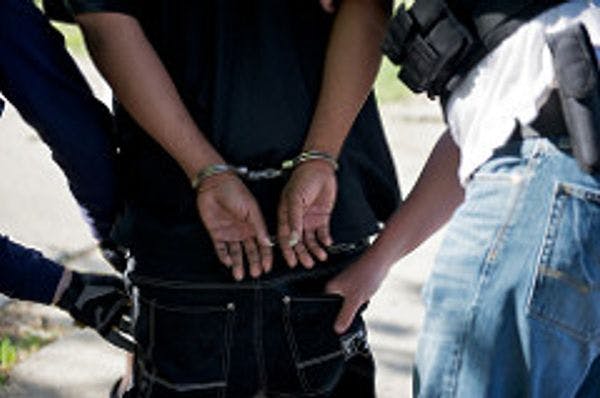Flickr CC Office of Public Affairs
Corruption et drogues illicites : Reconstruire les liens, enrayer les causes
Régler le problème de la corruption requiert de transformer les économies illégales à travers la coopération, des réformes institutionnelles et l’inclusion sociale. Pour en savoir plus, en anglais, veuillez lire les informations ci-dessous.
Recently, during a technical stop on President Jair Bolsonaro’s trip to the G20 Summit in Japan, Spanish police arrested a Brazilian Army Air Force sergeant at the Seville airport for transporting 39 kilos of cocaine. A few months earlier, a police inspector and a customs agent from the port of Algeciras were arrested for their connection to an organization dedicated to drug trafficking in the Strait of Gibraltar: they provided key information on which containers were to be registered, and when. The trial of Joaquin “El Chapo” Guzman has revealed the corruption that entangles not only the drug trafficking business in Mexico, but also the drug war launched by Mexican authorities, allegedly reaching the highest levels of the administration of former President Enrique Peña Nieto.
Concerns over corruption related to illicit drug trafficking have increased in recent years. It has become an important concern of governments, citizens, civil society, and international organizations, particularly where corruption is widespread or affects the highest levels of the judiciary, security forces, administration or politics. And now, over more than two decades ago, this link began to gain relevance in the international agenda.
Corruption is present throughout the chain of illegal drug trafficking, especially at international or cross-border activities, which involves many types of intermediaries: military, police, officials, border and customs agents, illegal armed actors, and organized criminal groups. But to really understand and deconstruct the connection between drugs and corruption it is necessary to analyze it, not as the result of individual decisions by heartless drug traffickers and officials with no ethics, but as a consequence of deeper relations between the state and the economy of illicit drugs.
Sujets
Régions
Profils associés
- Global Commission on Drug Policy
- International Center for Ethnobotanical Education, Research & Service (ICEERS)
- International Drug Policy Consortium (IDPC)
- United Nations Office on Drugs and Crime (UNODC)
